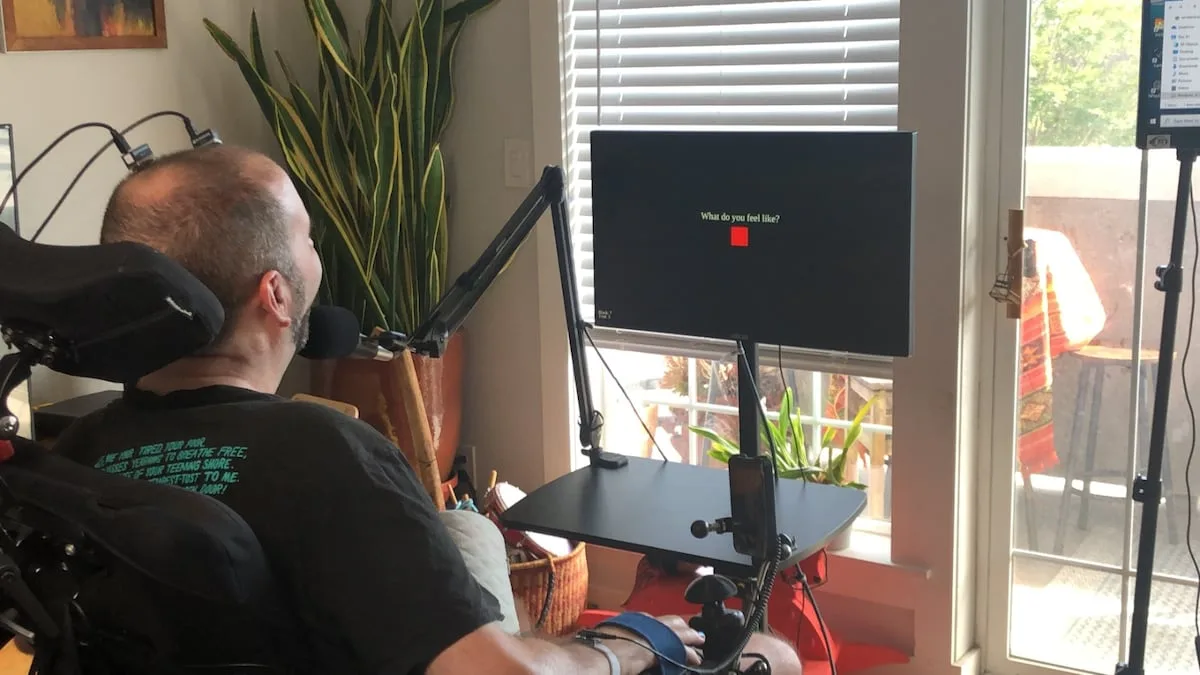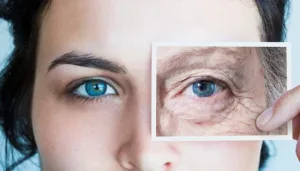Decoding Thoughts: Brain-Computer Interface Breakthrough at UC
Researchers at the University of California have achieved a significant milestone in brain-computer interface (BCI) technology. They’ve developed a new system capable of recording neural signals and translating them into decipherable words, intonation, and rhythm. This innovation holds immense potential for individuals with communication impairments.
Understanding the Technology
This cutting-edge BCI works by:
- Monitoring brain activity using sophisticated sensors.
- Employing advanced algorithms to decode the neural signals associated with speech.
- Translating these signals into understandable language, capturing not just the words themselves, but also the nuances of intonation and rhythm.
The Significance of Intonation and Rhythm
The ability to decipher intonation and rhythm is crucial because:
- It adds emotional context to the communication.
- It allows for a more natural and expressive form of communication.
- It improves the overall clarity and understanding of the message.
Potential Applications
This BCI technology has the potential to revolutionize the lives of people who have lost the ability to speak due to:
- Stroke
- Amyotrophic Lateral Sclerosis (ALS)
- Other neurological conditions
Beyond Communication: Future Possibilities
The implications of this research extend beyond restoring communication. This technology could potentially be used in the future for:
- Controlling prosthetic devices
- Treating neurological disorders
- Enhancing human cognitive abilities
Challenges and Future Directions
While this is a significant step forward, there are still challenges to overcome:
- Improving the accuracy and speed of the decoding process.
- Making the technology more accessible and affordable.
- Conducting further research to explore the full potential of BCIs.
The researchers are optimistic about the future of this technology and are committed to continuing their work to make it a reality for those who need it most.
Final Overview
The University of California’s development of a BCI that decodes neural signals into words, intonation, and rhythm represents a major advancement in assistive technology. This innovation promises to restore communication for individuals with speech impairments and opens up exciting possibilities for future applications in healthcare and beyond. Further research and development will be crucial to realize the full potential of this groundbreaking technology.




+ There are no comments
Add yours